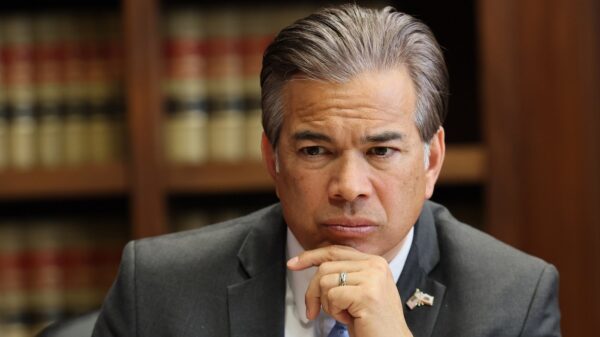URGENT UPDATE: Meta’s Chief Technology Officer, Andrew Bosworth, has just announced a critical four-step strategy for resolving interpersonal conflicts in the workplace, empowering managers to tackle disputes head-on. In a blog post published on Monday, Bosworth emphasizes the importance of seeking valuable feedback over allowing ego to dictate responses.
Workplace conflicts are inevitable, especially among C-suite executives, who often bear the brunt of these issues. Bosworth’s approach comes amid ongoing changes at Meta, where the company has been streamlining its management structure. This makes effective conflict resolution more crucial than ever.
HERE ARE THE FOUR STEPS:
1. **Listen to the Offended Party:** Bosworth insists that creating space for the affected individual to share their story is essential for understanding the emotional impact of the conflict.
2. **Encourage Reflection on the Conflict’s Substance:** He urges managers to ask the offended party to consider any substantial critiques that may warrant attention.
3. **Shift Perspective to the Other Party:** Bosworth shares a recent example where a new employee critiqued a tool developed by an engineer. He encouraged the employee to consider the engineer’s limitations, such as potential lack of resources needed for improvements.
4. **Facilitate Reconciliation:** Finally, Bosworth stresses the importance of bringing both parties together to work towards a resolution.
In his post, Bosworth reflects on how this method has transformed his own emotional reactions, allowing him to find value in conflicts rather than being overwhelmed by them.
Meta’s ongoing restructuring under CEO Mark Zuckerberg has seen the company reducing its middle management ranks, aiming for a “flatter” organization. Zuckerberg stated in a 2023 memo that a leaner structure is essential for speed and efficiency, which has intensified the responsibility of remaining managers like Bosworth to navigate interpersonal tensions effectively.
As Meta continues to evolve, Bosworth’s guidelines are poised to be a game-changer for fostering a healthier workplace culture. With the stakes higher than ever, effective conflict resolution is not just beneficial—it’s necessary for the company’s ongoing success.
In this rapidly changing environment, leaders are urged to adopt these strategies to not only mitigate conflicts but also to promote a more collaborative atmosphere. Expect to see more updates on how these strategies unfold within Meta and their impact on team dynamics.
Stay tuned for more developments from Meta as they navigate these challenges.



































































